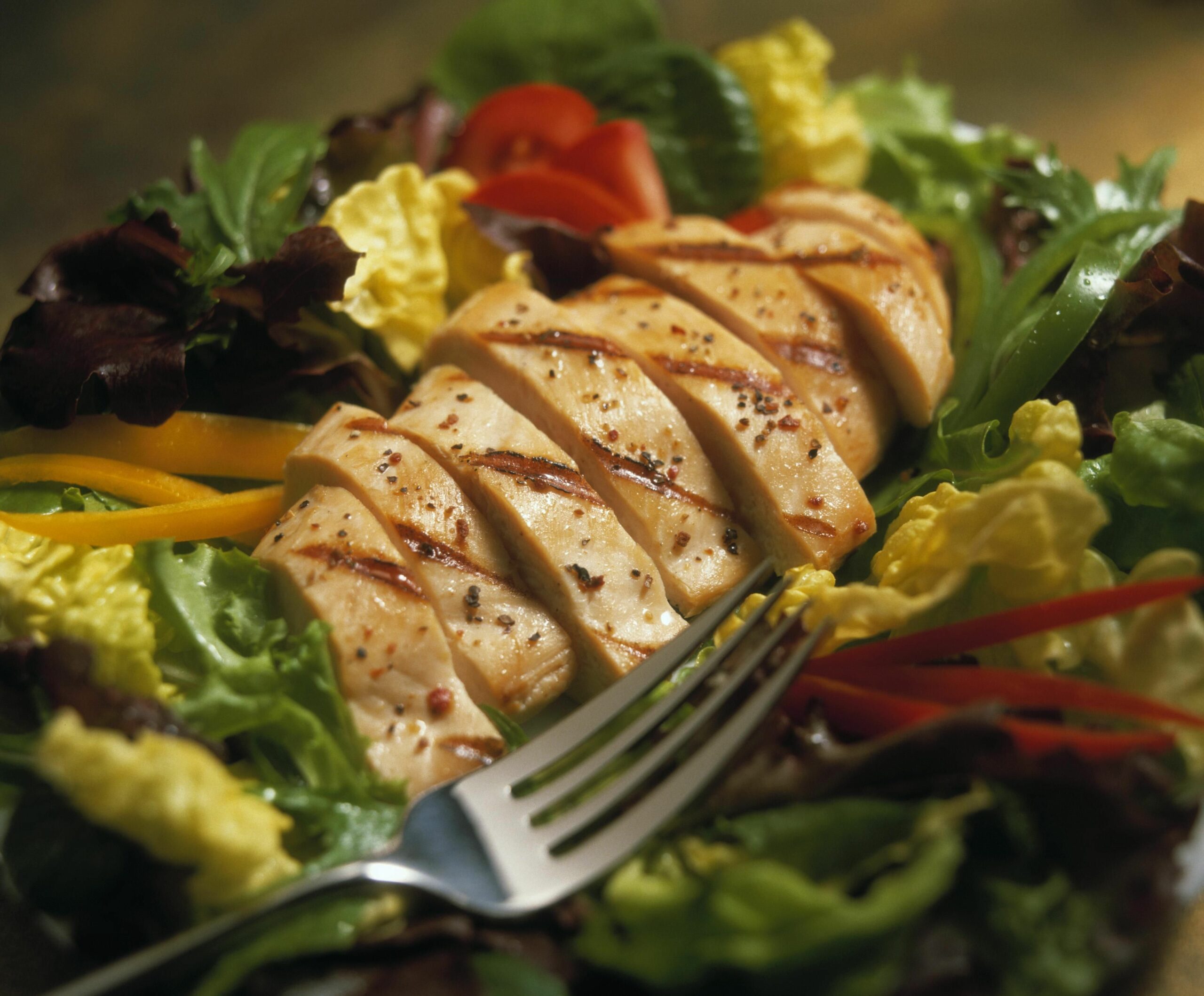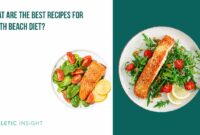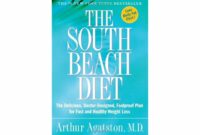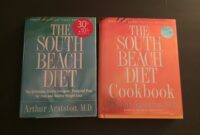Self Beach Diet sets the stage for a holistic approach to healthy living, blending mindful nutrition with the invigorating backdrop of the beach. This guide explores a balanced strategy, combining nutritious meal plans with enjoyable physical activities, all while emphasizing mental wellbeing and sustainable lifestyle changes. We’ll delve into the misconceptions surrounding quick-fix diets, offering practical advice and actionable steps for achieving and maintaining a healthier lifestyle.
The Self Beach Diet isn’t about restrictive deprivation; instead, it’s about making conscious choices that align with your overall health and wellness goals. We’ll cover everything from creating refreshing beach-themed meals to incorporating invigorating beach activities into your routine. This approach emphasizes a balanced lifestyle, recognizing the importance of both physical and mental wellbeing for sustainable weight management and a happier, healthier you.
Nutritional Aspects of a Beach Diet
A successful beach diet prioritizes lightweight, refreshing foods that provide sustained energy without weighing you down. This approach focuses on nutrient density, ensuring you obtain the necessary vitamins and minerals while minimizing caloric intake. Careful planning is crucial to avoid nutritional deficiencies often associated with restrictive diets.
Sample Beach Diet Meal Plan
This sample meal plan provides a framework for a balanced beach diet, emphasizing fresh, easily digestible foods. Remember to adjust portion sizes based on your individual caloric needs and activity levels. This is merely a suggestion, and consulting a nutritionist or registered dietitian is recommended for personalized guidance.
| Meal | Food Options |
|---|---|
| Breakfast | Greek yogurt with berries and a sprinkle of granola, or a smoothie made with spinach, banana, and almond milk. |
| Lunch | Large salad with grilled chicken or fish, quinoa, and a light vinaigrette. Alternatively, a whole-wheat wrap with hummus, vegetables, and lean protein. |
| Dinner | Baked salmon with roasted vegetables (broccoli, asparagus, peppers), or a lentil soup with whole-grain bread. |
| Snacks | Fruits (apples, oranges, grapes), vegetables (carrots, celery), a handful of almonds, or air-popped popcorn. |
Hydration and Electrolyte Balance
Maintaining adequate hydration is paramount during a beach diet, especially in hot weather. Water loss through sweat depletes essential electrolytes like sodium, potassium, and magnesium, leading to fatigue, muscle cramps, and decreased performance.
To combat this, consume plenty of water throughout the day, even before you feel thirsty. Consider incorporating electrolyte-rich beverages, such as coconut water or sports drinks (in moderation), to replenish lost electrolytes. Fruits and vegetables also contribute to electrolyte intake. For example, bananas are a good source of potassium, while spinach provides magnesium. Listening to your body and adjusting fluid intake based on activity levels and sweat loss is key.
Potential Nutritional Deficiencies and Mitigation Strategies
Restrictive beach diets may lead to deficiencies in essential vitamins and minerals. For instance, limiting fruits and vegetables can result in insufficient vitamin C, while reducing dairy intake might cause calcium deficiency. A diet overly focused on processed foods can lead to deficiencies in various micronutrients.
To prevent these deficiencies, prioritize whole, unprocessed foods, including a variety of fruits, vegetables, lean proteins, and whole grains. Consider incorporating a multivitamin supplement to ensure adequate intake of essential nutrients. However, it is important to remember that supplements should not replace a balanced diet. Regular blood tests can help monitor nutrient levels and identify potential deficiencies early on.
Mental and Emotional Wellbeing
Embarking on a weight-loss journey, especially one as focused as a beach diet, requires more than just dietary changes. A holistic approach that prioritizes mental and emotional wellbeing is crucial for success and overall health. Neglecting this aspect can lead to setbacks, increased stress, and ultimately, hinder progress towards your goals. A positive mindset is a powerful tool in achieving sustainable weight management.
Maintaining a positive self-image and managing stress are paramount during a beach diet. The pressure to achieve a specific body image can be intense, leading to feelings of inadequacy or frustration if progress isn’t immediate. This can trigger emotional eating or abandonment of the diet altogether. Therefore, focusing on self-compassion and celebrating small victories is essential.
Stress Management Techniques
Effective stress management is vital for adhering to a beach diet. Chronic stress can disrupt hormonal balance, leading to increased cortisol levels, which can promote fat storage and hinder weight loss. Implementing stress-reduction strategies is not merely beneficial, but necessary. This can involve incorporating regular physical activity, even light exercise like walking, which releases endorphins and reduces stress hormones. Prioritizing sufficient sleep, aiming for 7-9 hours nightly, is equally crucial for both physical and mental recovery. Mindfulness practices, such as meditation or deep breathing exercises, can help manage stress by promoting relaxation and reducing anxiety. Engaging in enjoyable hobbies and spending time with supportive loved ones can also provide valuable stress relief. These activities serve as healthy distractions and boost overall mood.
Mindfulness and Relaxation Techniques
Mindfulness practices, including meditation and deep breathing exercises, are particularly valuable during a weight-loss journey. These techniques promote self-awareness, allowing individuals to recognize and manage emotional triggers that may lead to unhealthy eating habits. By cultivating a present-moment focus, individuals can better regulate their responses to cravings and stress, fostering a more balanced relationship with food. Regular mindfulness practice can also enhance self-compassion, reducing self-criticism and promoting a healthier body image. Progressive muscle relaxation is another effective technique; it involves systematically tensing and releasing different muscle groups to alleviate physical tension and promote relaxation. Guided imagery, where individuals visualize calming scenes, can also create a sense of peace and reduce stress. These methods contribute significantly to a holistic approach to weight management, emphasizing both physical and mental well-being.
Benefits of Positive Self-Image
A positive self-image is crucial for long-term success with any weight-loss program. Focusing on non-scale victories—such as increased energy levels, improved sleep, or fitting into clothes more comfortably—helps shift the focus from solely the number on the scale. Celebrating these achievements reinforces positive self-perception and encourages continued effort. Self-compassion is vital; acknowledging imperfections and treating oneself with kindness and understanding prevents feelings of failure from derailing progress. Setting realistic goals and celebrating milestones along the way, rather than solely focusing on the final destination, promotes a sense of accomplishment and maintains motivation. Remembering that weight loss is a journey, not a race, promotes a healthier relationship with oneself and the process.
Closure
Ultimately, the Self Beach Diet champions a holistic approach to wellbeing, merging mindful nutrition with the rejuvenating power of the beach environment. By embracing a balanced diet, engaging in enjoyable physical activities, and prioritizing mental wellness, individuals can embark on a transformative journey toward a healthier and more fulfilling lifestyle. Remember, consistency and a positive mindset are key to long-term success. This isn’t a temporary fix, but a sustainable path towards a healthier, happier you.




